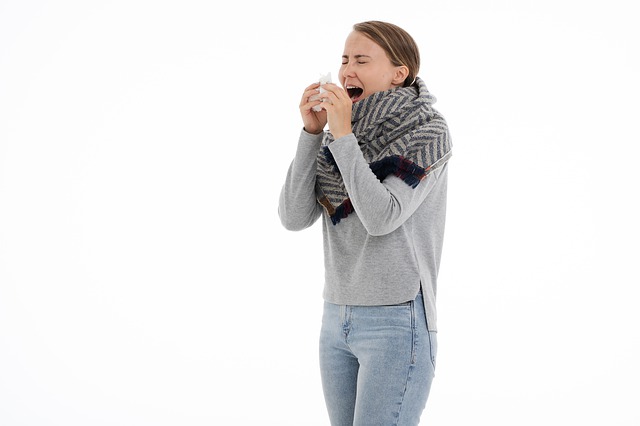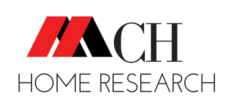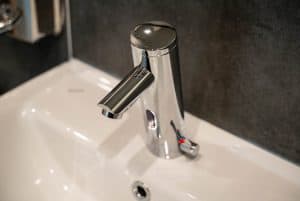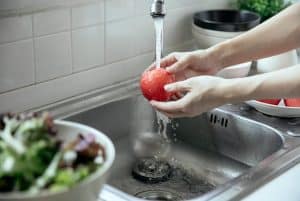Nasal irrigation is a personal hygiene practice where the nasal cavity is cleaned with a saline solution, which is used to enhance breathing through the nose. This process can also involve the use of nebulizers and nebulizer sprays.
But what exactly is nasal irrigation and why do we need it? Read on to learn more about nasal irrigation and why it’s necessary. You’ll be glad you read this article! In ancient India, people used to perform Jala neti, which means cleansing the nose, to keep it free of debris and mucus.
The name jala neti comes from the Sanskrit term jala neti, which means “to clean with water.” This practice is used to help relieve sinus congestion and eliminate congestion. Mucus is the perfect environment for bacteria and viruses, which cause inflammation in the sinuses.
Uses of Nasal Irrigation
Nasal irrigation removes small allergens and reduces inflammation in the nose. It also helps prevent the buildup of harmful toxins in the nasal cavities. Nasal irrigation is a treatment method that can help relieve symptoms of allergic rhinitis and other upper respiratory problems.

It is effective in relieving congested sinuses and can help treat colds and allergies. It is an adjunct therapy for those who suffer from chronic sinusitis. The risk of infection from saline nasal irrigation has been linked to a recent case of amebic meningoencephalitis. However, the benefits of nasal irrigation outweigh the risks.
Another side effect of nasal irrigation is the possibility of infection with amoebae, which causes amoebic meningitis, a brain-eating amoeba. The risk of getting infected is low, but the risk of getting infected is higher if the patient is already infected. A neti pot is an essential tool in preventing this disease.
Getting a Professional Diagnosis
It is recommended that you get a professional diagnosis before performing any irrigation. Using a saline nasal irrigation system is a common adjunctive care for upper respiratory conditions. It is safe and does not contain harmful microbes.
It has a high rate of success, and it has been proven to relieve symptoms of colds and allergies. Aside from nasal rinsing, it can also aid in treating seasonal allergies. When used properly, nasal irrigation can reduce the risk of chronic sinusitis and help the body heal itself.
The benefits of nasal irrigation outweigh its risks. It is safe for people with asthma, pregnancy, and other upper respiratory problems. Studies have shown that up to 48% of patients using a nasal irrigator regularly experience less than six days of symptoms.
It has also been shown that a saline solution helps to treat allergic rhinitis. Besides treating symptoms, it has many other benefits. It improves the functioning of the sinuses and can also relieve allergies. Several studies have proven the effectiveness of saline nasal irrigation.
While the procedure may be uncomfortable and may require a few visits to the doctor, it can help improve the quality of life and overall symptom severity of a person suffering from sinusitis. It can also help treat other symptoms, such as allergies.
How to Use Nasal Irrigation Properly
It is important to note that saline nasal irrigation is not a replacement for surgery. A new one should be used every three months. The benefits of nasal irrigation are well documented. It is often recommended for preventing chronic sinus problems, although the risks of using it for daily sinus cleaning may outweigh its benefits.
According to the Centers for Disease Control, nasal irrigation is beneficial for those who are suffering from a sinus infection. In the long term, it can reduce the risks of developing an infection by inhibiting the secretion of mucus. It should be done only if the symptoms are bothersome.
The use of saltwater inhalers should be restricted to the time when the patient is afflicted. The benefits of nasal irrigation are numerous. Whether it is a natural way to cure congestion or an alternative treatment, it helps you breathe better by purifying the nasal passages. Complete Rinse is a renowned group who is dedicated on producing and supplying high quality nasal rinsing solutions. If you want to know more, this is what makes us different.
In addition to preventing sinusitis, it is also a great way to help the body fight infection. You should consult a physician before you begin a nasal wash and follow his/her instructions. You can even opt for the hand technique if you’re a child.




